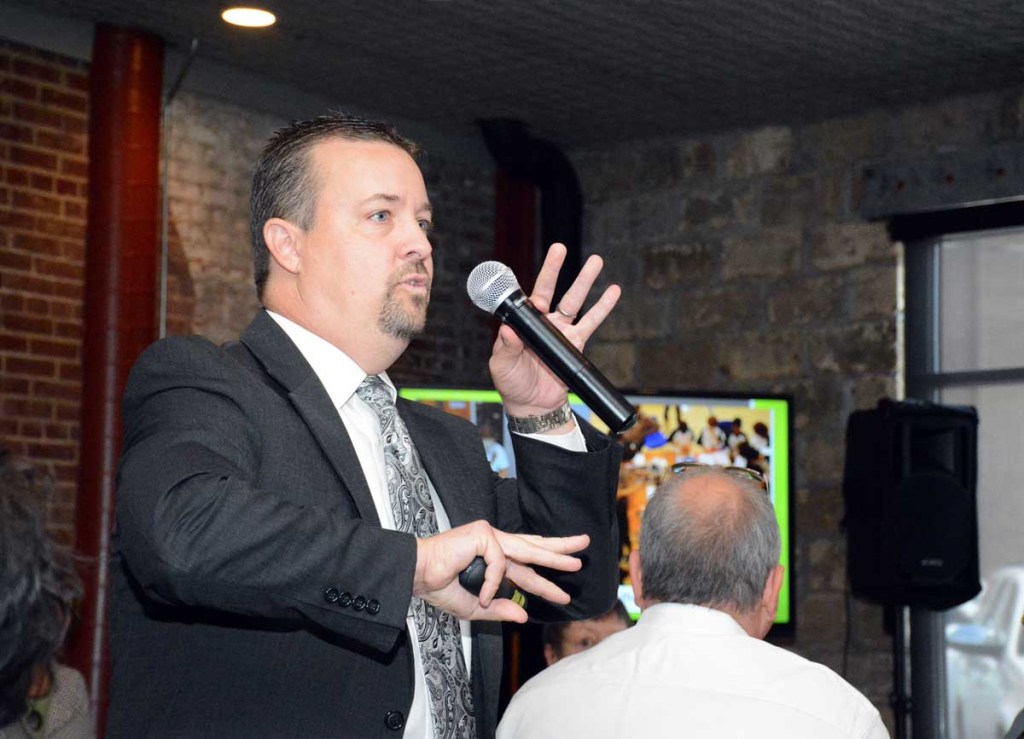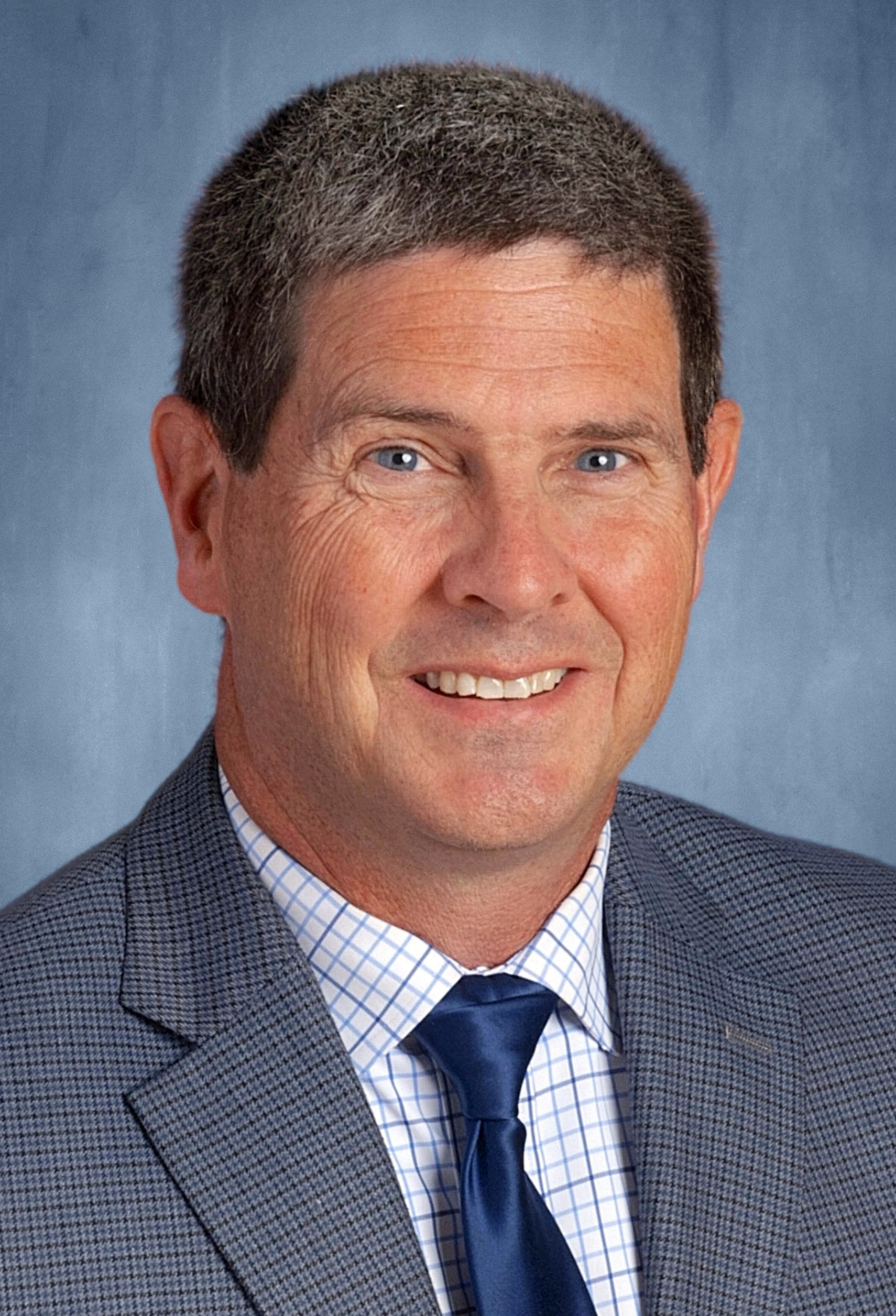County Superintendent Ross talks changing state of education
Published 5:15 am Saturday, August 29, 2015

- Cullman County Board of Education superintendent Dr. Craig Ross speaks to a packed house at the Cullman Area Chamber of Commerce’s community luncheon Friday afternoon at the All Steak Restaurant.
The Cullman County school system is not among the best in the state. At least, not yet.
That was the message brought by Cullman County Board of Education superintendent Dr. Craig Ross, who spoke to a packed house at the Cullman Area Chamber of Commerce’s community luncheon and addressed how education has changed in the past century and district leadership’s plan to catch up.
Trending
“We want a quality education for every student, everyday. Are we there yet? No, we’re not. But, most school systems across this nation aren’t there yet, either,” Ross said. “The world is changing drastically, but this (teaching for a test) is no longer the algorithm we need to be looking at. It’s a new paradigm, so we have to adapt and have to shift. Last year, challenged teachers to be the change in education they know needs to happen. Deep down, every educator knows something has to change. But, what we’re seeing, though, is that change is hard.”
Pointing to a projected photo of a school classroom circa the 1950’s, Ross noted little has changed in regards to the fundamentals of education. Lectures, desks and textbooks were a mainstay then, and are a mainstay now. According to Ross, what that model misses is an outlet for creative thought.
“It lacks the ability for children to use their creative power and curiosity. There’s no room for that in the method we have now. This might be how you make sure they do well on standardized test, but even those students go off to a four-year college, then come home, because they’re not prepared,” Ross said. “We’re losing test scores, and losing children, because we’re no longer relevant in education. The millennial generation isn’t going to do that. If you don’t engage them, they’re not going to do it. Millennials are the largest generation this world has ever seen. They’re not going to change. We have to change.”
Looking to the future, Ross noted new programs and technology being implemented in classrooms across the system, along with ambitious programs like the Fast Track for Industry and Hancock Academy. The new Fast Track for Industry program allows students to receive training and certification for an eventual job, while the Hancock Academy opens the career center’s services up to freshmen and sophomore students. The system is also piloting an apprenticeship program with REHAU.
Ross noted these new programs are a fresh approach to engage high schoolers before they permanently lose interest in their education.
“It’s four more years of sitting in a desk, raising your hands. It’s the same bull crap we’ve done the eight years previously. Someone is going to lecture to them, they take a test every Friday, and blah, blah, blah, blah, blah. They didn’t buy that, and I saw that,” he said. “They see opportunities out in the real world, and ask, do I really need my high school diploma to do that? It’s about us bending so we can meet the needs of students. A Fast Track for Industry classroom looks nothing like what we think of as a classroom, and none of the things we’ve done would be possible without our collaboration with Wallace State … Reform is nothing more than improving a broken model. What we need in education is not reform. We don’t need evolution, we need a revolution.”





